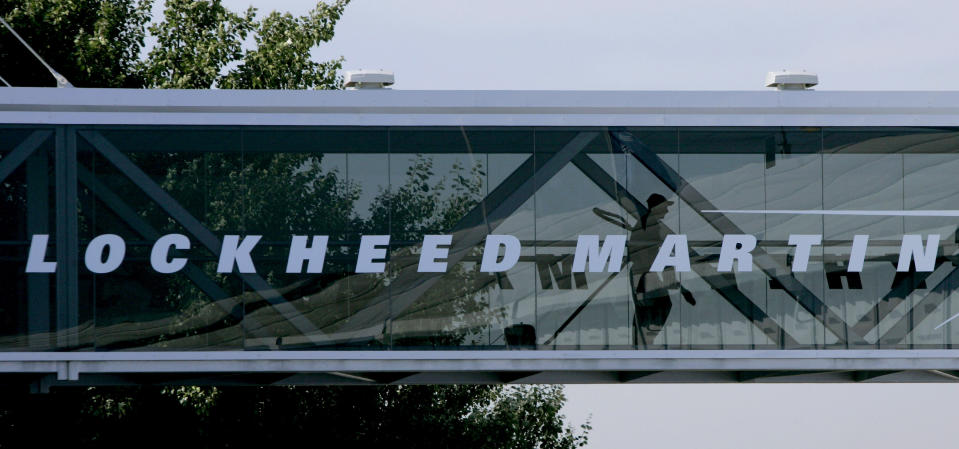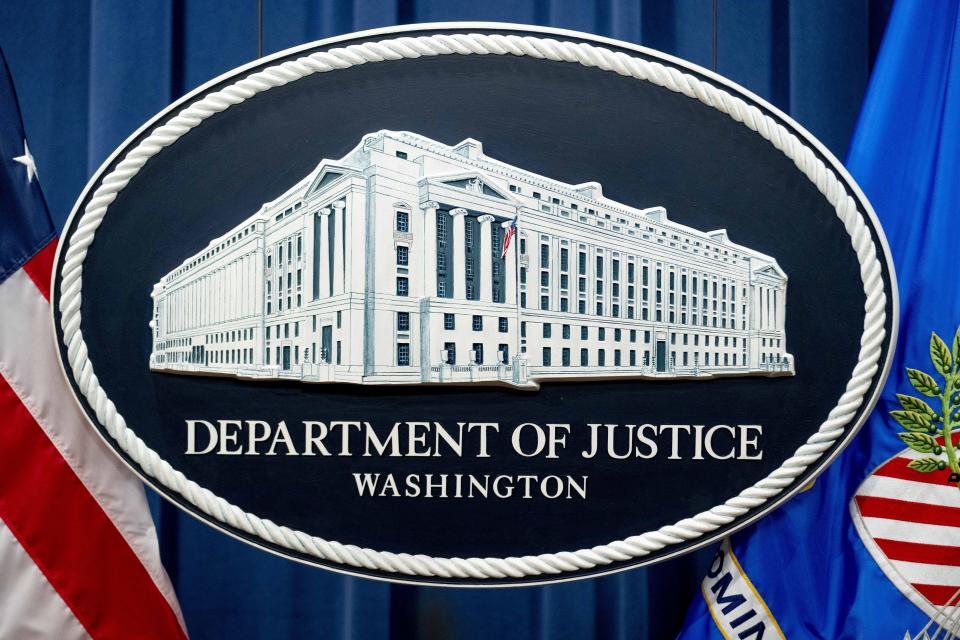Lockheed Martin subsidiaries reach $70 million settlement for claims they overcharged Navy for parts
In This Article:
STRATFORD, Conn. (AP) — Two Lockheed Martin subsidiaries have agreed to pay the federal government $70 million for overcharging the Navy for aircraft parts, the U.S. Department of Justice announced Friday.
The federal agency says Sikorsky Support Services, based in Stratford, Connecticut, and Derco Aerospace, headquartered in Milwaukee, Wisconsin, knowingly entered into an improper subcontract for spare parts and materials for aircrafts used to train Navy pilots.
Under the contract, Sikorsky purchased the parts from Derco at the cost Derco paid other suppliers, plus a 32% markup.
Sikorsky then billed the Navy for the price it paid Derco, in violation of federal regulations barring such arrangements, which prosecutors said drive up government costs.
“Today’s settlement demonstrates that the Justice Department will ensure that government contractors do not skirt the law and engage in self-dealing that may artificially inflate their charges at the expense of the American taxpayers," Brian Boynton, head of the DOJ's civil division, said in a statement.
Lockheed Martin, based in Maryland, said in a statement Friday that it is “pleased that the settlement will bring this case to a conclusion,” noting that there also was no finding of wrongdoing by Sikorsky or Derco Aerospace.
Prosecutors said the settlement resolves a lawsuit filed by a former employee of Derco under the whistleblower provision of the federal False Claims Act. The case goes back to 2011, or several years before Lockheed Martin acquired Sikorsky, the maker of the military's Black Hawk helicopters, in 2015.
Darrin Jones, of the U.S. Department of Defense's Office of Inspector General, said the settlement should serve as a deterrent for those looking to exploit the agency's procurement process.
“Overinflation of parts and material costs for the repair and maintenance of aircraft affected naval air training and is a disservice to the American taxpayer,” added Greg Gross, of the Naval Criminal Investigative Service's Economic Crimes Field Office.


